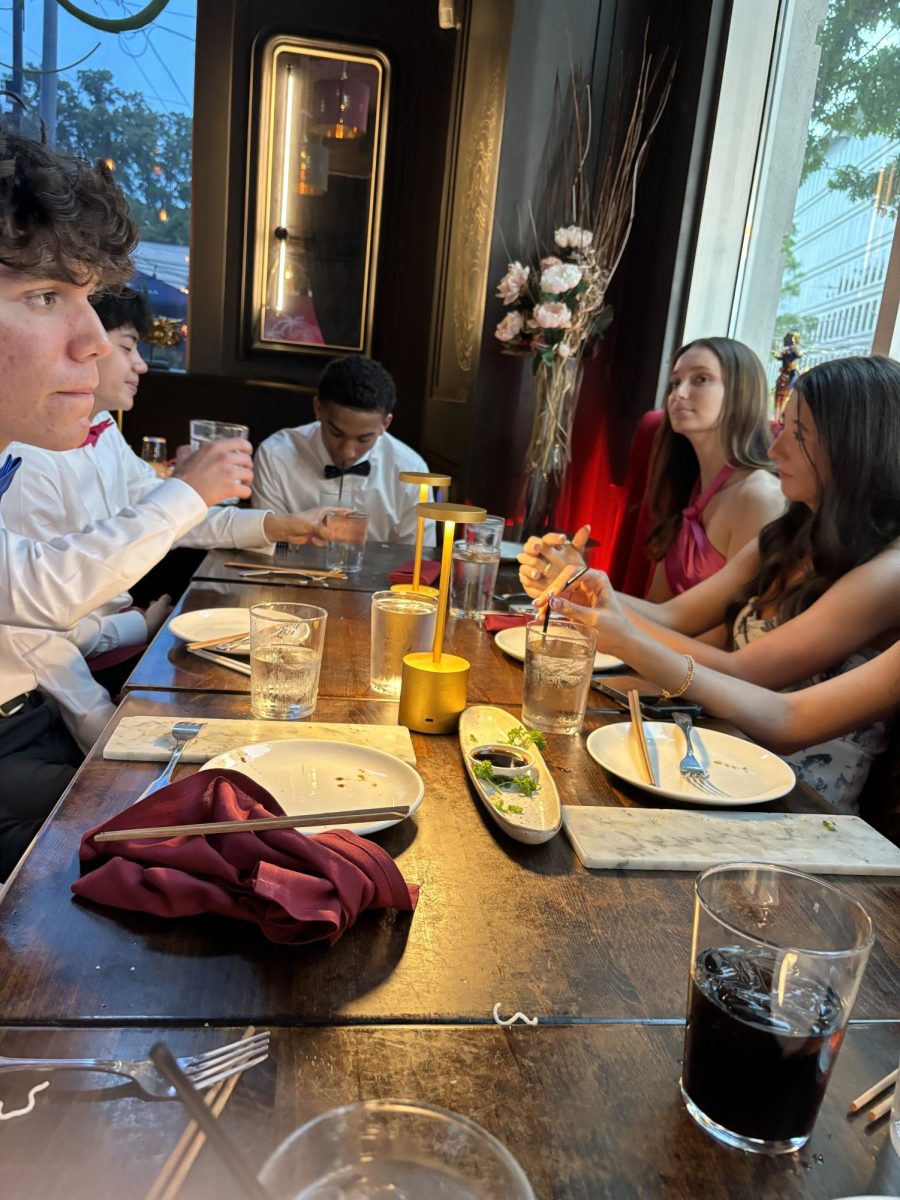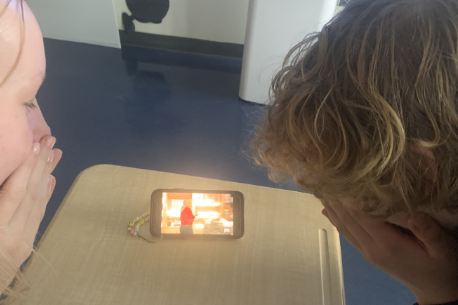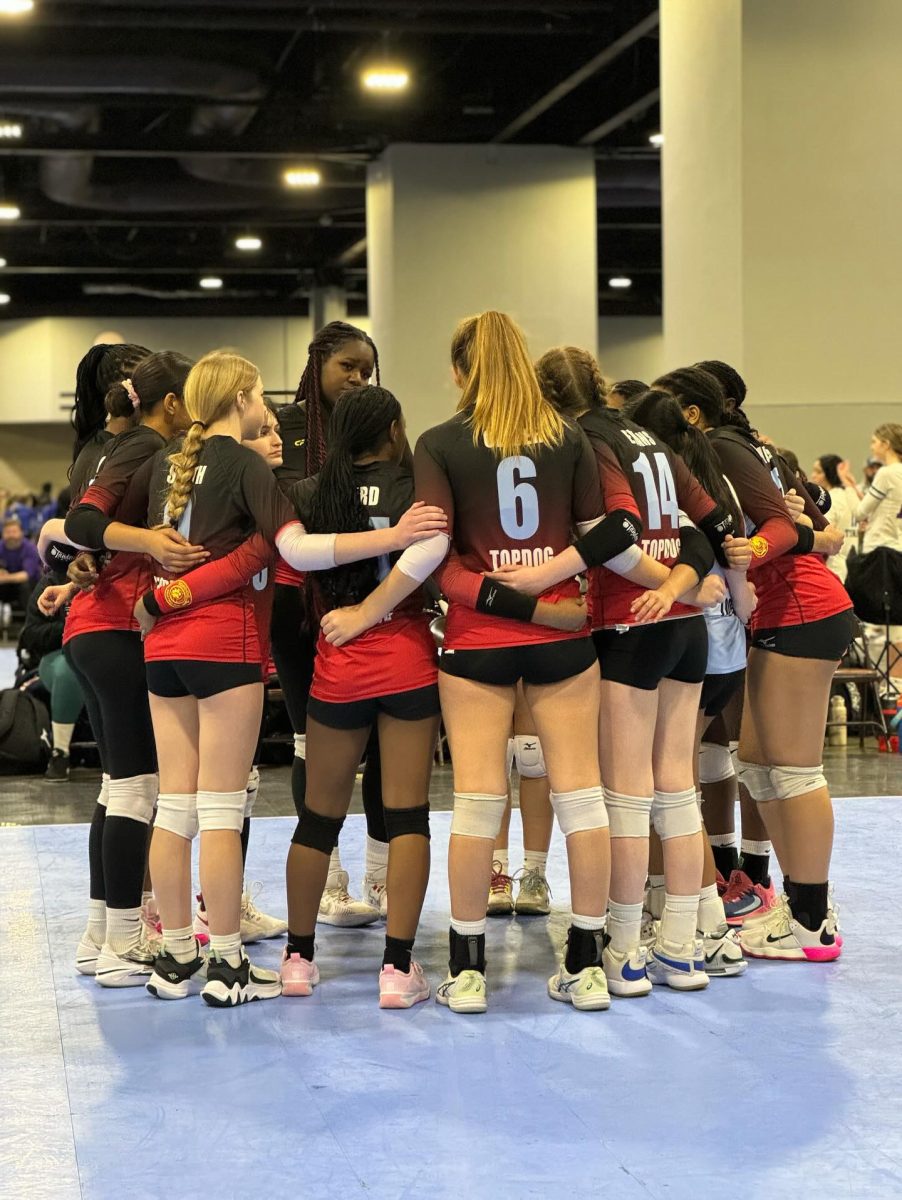Higher Education’s Veil of Secrecy
Photo courtesy of the American Institute of Architects.
The campus of Georgia tech, a school that uses a holistic approach to evaluate admissions.
February 13, 2020
Over the past year, my fellow seniors and I have been busy completing college applications to the various colleges of our choosing. I have known where I am going since November, but the rest of my friends are not as fortunate. As a result, they have had to complete countless applications and face subsequent acceptances… or deferrals and rejections.
That is not to say that almost all of these people that I know don’t deserve to get into colleges they were rejected from. All of them are highly qualified individuals who have continuously challenged themselves throughout high school and been involved in multiple extracurriculars. Unfortunately, it seems that all of their hard work over the past four years has not really paid off.
The best example of this are the recent Georgia Tech admissions decisions that came out on January 18. Georgia Tech is a school that seems to pride itself on ‘holistic’ admissions decisions. (Side note: holistic is a fake term designed by colleges to make them seem welcoming and fair.) By definition, holistic is supposed to mean that colleges examine applicants by looking equally at all aspects of the candidates. Yet it seems like this cannot possibly be the case as some of the most academically gifted and well-rounded people either got rejected or deferred from Tech.
As one might gather from the holistic definition, it certainly seems like colleges have purposely made this system vague and confusing. It is almost a scapegoat used by multiple colleges for when they deny qualified applicants. Furthermore, vague ‘holistic’ approaches to the admissions cycle just increase the stress of students because they do not know what colleges are truly looking for in applications. This makes students that try to ‘do it all’ and ultimately burn-out by the end of high school due to the countless hours of stress and hard work they endure.
In Freakonomics by Stephen J. Dubner and Steven Levitt, the authors write that imbalances of information cause inequalities during transactions, which is essentially what applying to college is. By controlling all of the information, colleges hold power over students that are desperately trying to do what they can to get a higher education. This inequity of information was used by realtors before websites like Zillow existed and secrecy is one of the main ways extremist terrorists groups draw their power.
Through my experience in applying to college and via my friends, I have come to appreciate schools that try to reveal the secrets of college admissions. One of the best examples of this is UGA. In their early action round of admissions, UGA says point-blank that they look at transcripts and test scores almost exclusively. While this system also has its own problems, as intelligence cannot purely be judged on grades and standardized tests, at least students then have a tangible goal that they can be working towards. If students take challenging classes and study for exams, their hard work will likely pay off.
Looking back on college applications and watching people around me receive their coveted acceptances and crushing rejections, I think the college admissions cycle must be reworked. One of the easiest ways colleges can do this is by demystifying how they make their decisions, whether that be transcript based or essay based.





















